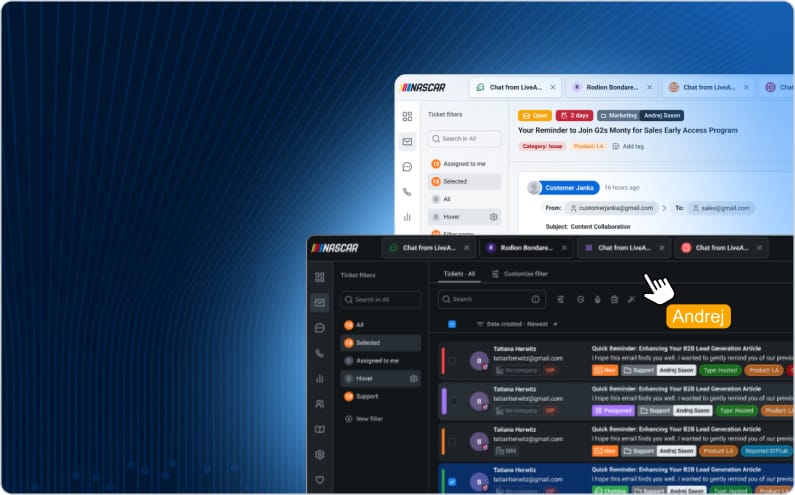What is the a-law algorithm?
A-law is a standard compression algorithm used for audio processing in digital telecommunication. This companding algorithm is used in Europe to optimize the dynamic range of an analog signal before digitizing it.
A-law is one of the two standard G.711 versions. The a-law codec is similar to the u-law algorithm which is used for digital communication and telephony in South America and Japan. However, the main difference between the two besides the countries that utilize them is that u-law has a slightly larger dynamic range.
Generally speaking, dynamic range is the ratio of the loudest sound without distortion over the background noise. For given bits, encoding with an a-law algorithm reduces the dynamic range of an audio signal, which increases coding efficiency and provides a higher signal-to-distortion ratio than linear encoding. The A-law compression ensures the same noise level while allowing for a clearer sound without distortion.
A-law is used in telephony and telecommunication for both newer digital and older analog systems. Once a digital computer system receives the sound, an analog-based system converts analog signals into digital ones. In accordance with the a-law algorithm, quantization levels must be set for the analog signal in an unequal space. It is done through the use of a nonlinear gain amplifier.
If the audio signal is already digitalized, there is no need to compress it. The symbol size of most computers can easily recognize an 8-bit digital data file.
Some benefits of audio processing using the a-law algorithm include:
- Increased coding efficiency – less power is needed to decode audio signals
- Providing dynamic range while maintaining resolution for low-amplitude signals
- Better signal-to-distortion ratio than that obtained by linear encoding
Improve your call center customer service
LiveAgent has a built-in call center packed with features, that is easy to set up and handle.
After learning about A-Law encoding, you might be interested in exploring dual-tone multi-frequency signaling. This article explains what DTMF is and the differences between pulse dialing and DTMF dialing, which can be crucial for understanding various telecommunication processes. Additionally, if you're keen on enhancing your customer service strategies, consider reading about SLA violation. This resource will guide you through the importance of service level agreements and how to avoid potential breaches that could impact your customer satisfaction.

 Български
Български  Čeština
Čeština  Dansk
Dansk  Deutsch
Deutsch  Eesti
Eesti  Español
Español  Français
Français  Ελληνικα
Ελληνικα  Hrvatski
Hrvatski  Italiano
Italiano  Latviešu
Latviešu  Lietuviškai
Lietuviškai  Magyar
Magyar  Nederlands
Nederlands  Norsk bokmål
Norsk bokmål  Polski
Polski  Română
Română  Русский
Русский  Slovenčina
Slovenčina  Slovenščina
Slovenščina  简体中文
简体中文  Tagalog
Tagalog  Tiếng Việt
Tiếng Việt  العربية
العربية  Português
Português 









